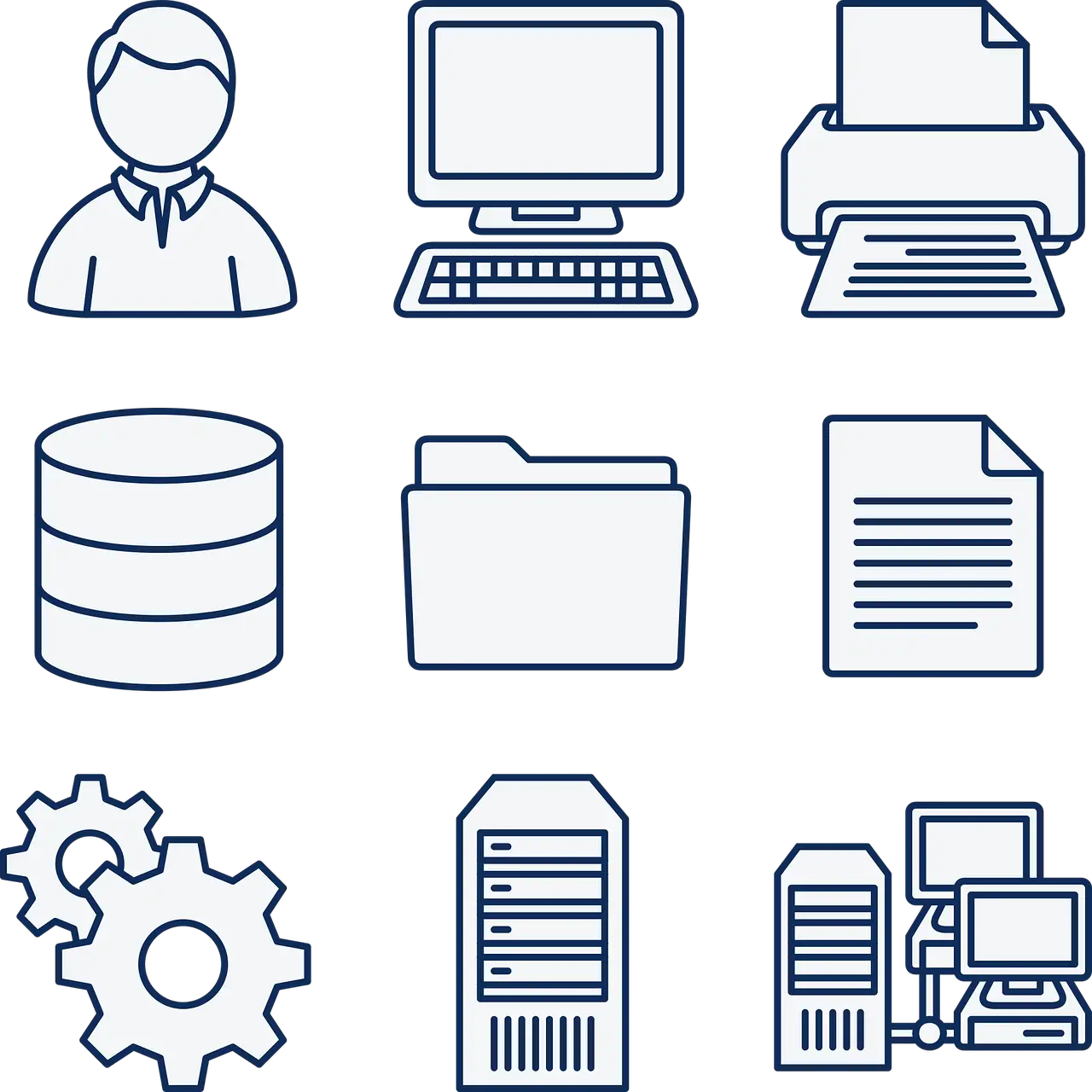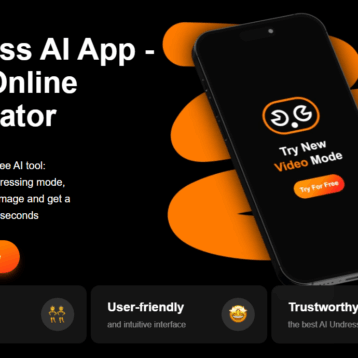Efficient employees are the backbone of any successful company. The challenge facing any Human Resources (HR) department is finding and managing that talent. From small companies to large enterprises, businesses are increasingly utilizing technological solutions in employee management, with a growing focus on custom solutions to fit individual business needs; it is no longer a one-size-fits-all game.
The growth of HR software
Employee management technology isn’t new. Human resources management systems (HRMS) have been around since the mid-1970s allowing businesses to optimize their human resources processes.
By the 1990s, the HRMS movement was already well-established. Market leaders, such as Oracle and JD Edwards, were forging the way within innovations in various HR functions, including employee time tracking, enterprise learning, and productivity.
But it was only with the advent of online technology that the developments of HRMS went into hyper-drive. Nowadays, solutions are increasingly tailored to the individual needs of a business.
Management through technology––the role of HRMS
Custom HRM software development provides companies the potential to create individualized solutions to meet their exact needs––a focus on employee learning, profit-per-employee, productivity, etc.––while saving themselves time, energy, and money.
Let’s look at the features available to businesses today:
Routine HR tasks
Human resources specialists needn’t worry; robots aren’t quite capable of replacing flesh and blood workers just yet. However, HRMS can aid HR employees in fulfilling their day-to-day tasks by:
- Streamlining the document process
Even though the world has gone digital, physical documentation remains a necessity in many businesses. HRMS makes this easy by storing all the required documents––contracts, employee records, agreements––in one place.
- Improving hiring and onboarding processes
Almost 70% of employees who experience a successful onboarding process are likely to stay. HRMS allows HR managers to dedicate more face-time to onboarding the employee and less on paperwork, creating a more positive experience.
- Being environmentally friendly
Imagine if you had to make a photocopy every time you wanted to send someone information. HRMS allows HR to easily locate documentation and send it in a digital form, thus reducing needless paperwork.
Employee management
Those who specialize in human resources aren’t just bureaucrats seeking to fulfill endless documentation for human capital management; many enter the profession to connect with people and help them achieve their potential. HRMS helps by:
- Creating employee profiles
When a new staff member comes on-board, HRM systems can be used to create a custom profile about the employee. This helps track their goals, education, and also personal information, such as children’s birthdays, which makes the employee feel valued.
- Allowing for continuous learning
In the modern world, learning doesn’t end when we exit University. HRM systems enable employers to track employees continued education––courses, training events, and seminars––and highlight potential learning opportunities.
- Tracking sick leave and absenteeism
A good employee is one who fulfills his or her tasks and does the work. Tracking sick leave and absenteeism allows managers to access how present an employee was on the job, and if they’ve fulfilled their obligations.
- Performance management
Understanding how productive an employee is in their role, and if they are in the correct one, is a challenge for any HR manager. It’s especially challenging in larger companies where HR has less contact with individual employees. HRMS can monitor employees’ performance, store satisfaction surveys, note KPIs and more, to give a fuller overview of the person behind the role.
Business goals
It’s not only about making the work of human resources departments easier and increasing employee satisfaction; HMRS affects overall business performance and management as well. The solutions enable businesses to:
- Meet KPIs
For any business to succeed, it needs some goals to achieve. Key Performance Indicators (KPI) are one way of monitoring the success of a company and being able to analyze problems before they become critical.
- Undertake payroll activities
These are essential business processes; without them, business wouldn’t happen. Paid employees are happy employees. HRMS ensures that the payment process is streamlined allowing everyone to receive what they’re due on time.
- Track costs and financials
Keeping track on financials in business is easier said than done. HRMS tracks spending on both employee onboarding and retention, as well as key department spending, helping to form overall company budgets.
- Improve their employee retention rate
With ineffective HR and onboarding processes potentially costing companies an estimated $10,000 each year, managers can’t afford to underestimate the role for solid human resources management software.
Added bonuses
Aside from the human factor, HRMS provides a number of technical benefits to both companies and employees.
- Security
HRMS are encrypted and secured. This ensures that company data, including confidential information, cannot be easily stolen.
- Data protection
Employees’ data is stored safely, giving them peace of mind that it won’t be misused.
- Cost-effective
Money is the bottom line. HRM development provides tailored solutions to companies and covers many essential functions by combining them into one effective system.
Solutions for large-scale enterprises
While an increasing number of small-to-medium businesses are beginning to access human resource management software, some of the technology’s principal beneficiaries are large-scale enterprises.
HRMS isn’t just the answer to technical issues, such as payroll; it provides tailored solutions to large-scale enterprises allowing them a level of personalization previously unthought-of.
By giving the manager the potential to get to know their employees without even leaving the boardroom, they can discover the strengths and weaknesses of the overall team and highlight crucial learning and development opportunities for the company.
Human resources management software helps companies grow and manage large teams while retaining all the efficiency of a smaller business.










